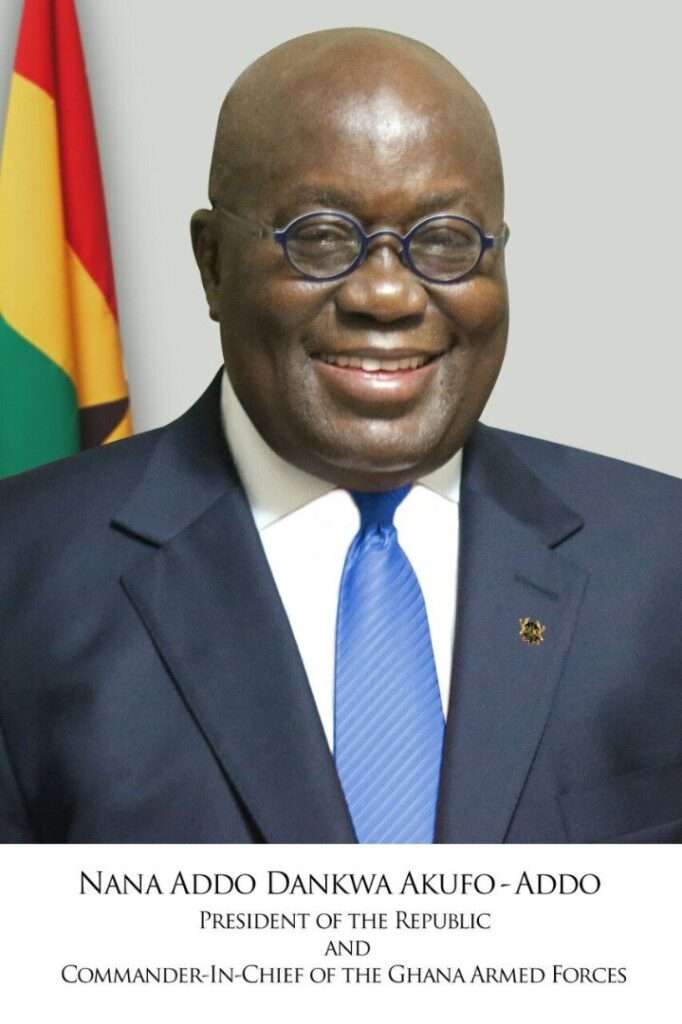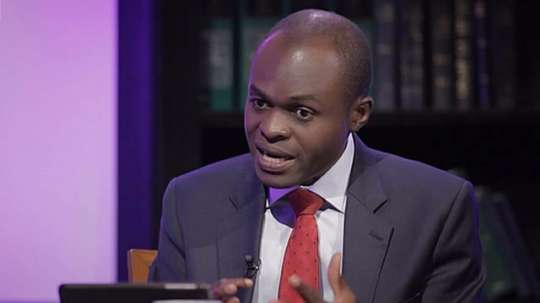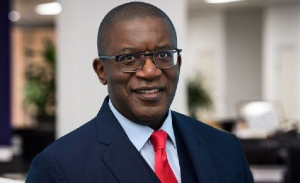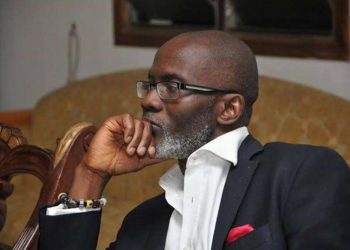Private legal practitioner and a member of President Mahama’s Operation Recover All Loots (Oral) Anti-Corruption Team, Martin Kpebu Esq., has expressed his concerns about the inefficiencies of the Office of the Special Prosecutor (OSP) and its governing act.
He argued that the current framework of the OSP Act is opaque and called for comprehensive reforms to address structural and operational challenges.
Martin Kpebu unequivocally stated that the OSP Act is “not fit for purpose’’. He noted;
RelatedPosts
“We drafted the Special Prosecutor Act like the constitution—concentrating too much power in the Special Prosecutor. It’s as if the Special Prosecutor is an angel. How?”
Martin Kpebu Esq. Private Legal Practitioner
He emphasized the need to decentralize decision-making within the OSP, arguing that the current design allows the head of the office to act unilaterally, thereby limiting transparency and accountability
According to Martin Kpebu, the OSP is not adequately resourced to execute its mandate effectively. He cited a lack of tools, insufficient personnel, and external interference as significant impediments.
He cited instances where after certain meetings, Kissi Agyebeng (OSP) would be crying due to interference in his duties. Martin Kpebu revealed;
“Why do you think Akufo-Addo succeeded in emasculating Kissi Agyebeng? He succeeded because look, do you know if you send a petition now to the Office of the Special Prosecutor, from the information people are giving us, you would see that it would go straight to [Akufo Addo] – and they will call [the OSP] saying, stop this thing. Stop it. Not this one.”
“My phone has a number of messages; People who presented petitions over two years, not even an acknowledgment.”
Martin Kpebu Esq. Private Legal Practitioner

He continued to lament over the lack of transparency on cases under investigation, stating,
“We have no visibility. We need an independent body that will be specially designed and skilled in monitoring the work of the Special Prosecutor.”
Martin Kpebu Esq. Private Legal Practitioner
Martin Kpebu advocated for a redesign of the OSP Act to ensure greater decentralization and accountability.
He proposed giving more power to subordinates within the OSP to reduce overreliance on the Special Prosecutor.
He suggested creating a more transparent process for handling petitions and investigations, stating,
“When the thing comes in—the petition—it should be a collective. Let all of them see, then they will bring their minds to it. To decide, is this a fit? Can we deal with it, not deal?”
Martin Kpebu Esq. Private Legal Practitioner
As a member of President-Elect Mahama’s ORAL Anti-Corruption Team, Martin Kpebu emphasized the importance of the committee’s work in addressing corruption-related challenges. He indicated that the office of the OSP needs help.

He pointed out his initial hesitations in joining the team, however, he indicated his readiness by stating;
“I wasn’t called into a meeting and informed properly and briefed. No. I also saw it for the first time in the media, what am telling you is the truth. But the bottom line is that I want to do the work. I’m very much interested.”
Martin Kpebu Esq. Private Legal Practitioner
Martin Kpebu also highlighted the committee’s role in disaggregating complaints. He noted;
“The ones that belong to the Attorney General will be handed over. The ones that belong to the Special Prosecutor, will go to Special Prosecutor. The police will be directed to go back to a police station, lodge a complaint, or CID headquarters.”
Martin Kpebu Esq. Private Legal Practitioner
A Call to Action
Martin Kpebu concluded by urging stakeholders to prioritize reforms to the OSP Act, emphasizing the need for collective action to combat corruption effectively.
He called for the involvement of experts to undertake a comparative analysis and improve the current system. He added;
“Design the law in such a way that you are suspecting even the head. So if you are suspecting even the head, then bring other people into the picture.”
Martin Kpebu Esq. Private Legal Practitioner
Martin Kpebu’s critique underscores the urgent need for reforms within the OSP and its governing act.
His insights reveal systemic flaws that undermine the fight against corruption and highlight the importance of collective efforts to enhance transparency, accountability, and efficiency in Ghana’s anti-corruption framework.










Discussion about this post